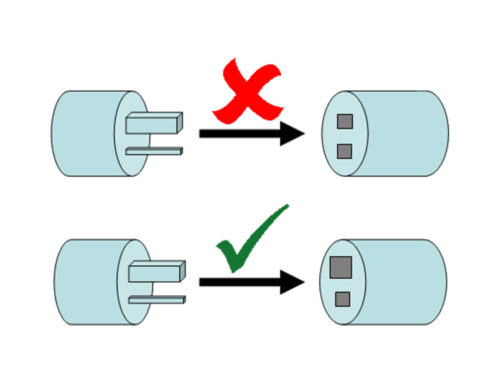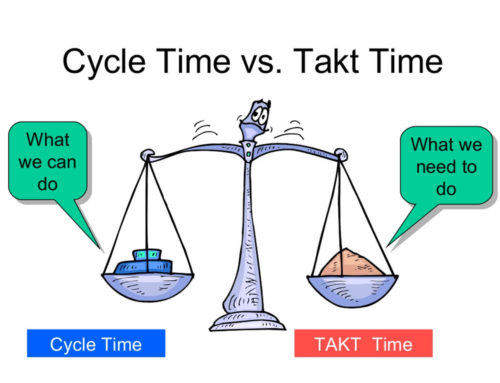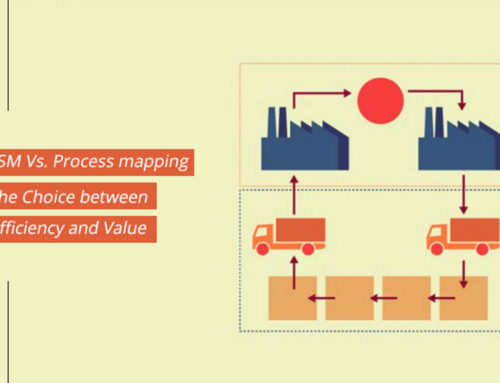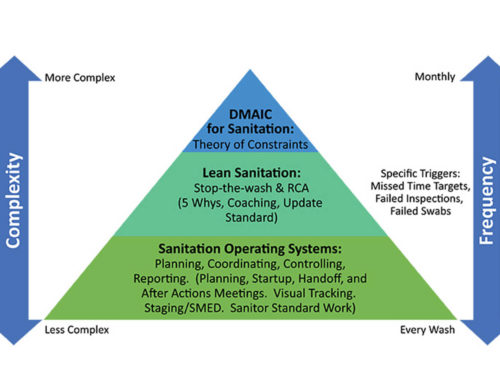The chief minister of Maharashtra made the headlines, announcing the opening of essential commodities, medical and grocery shops. COVID-19 shows no visibility of receding the globe. In India, the number of cases is increasing at an alarming rate. And, Maharashtra is a red zone in COVID tracker website. India has been under lockdown for more than a month now. With legal permission for retail stores to remain open, there has been a ban imposed on the malls and marts. However, considering the limitation of size and lobby in smaller shops, the restrictive measures should be well maintained by the owner.
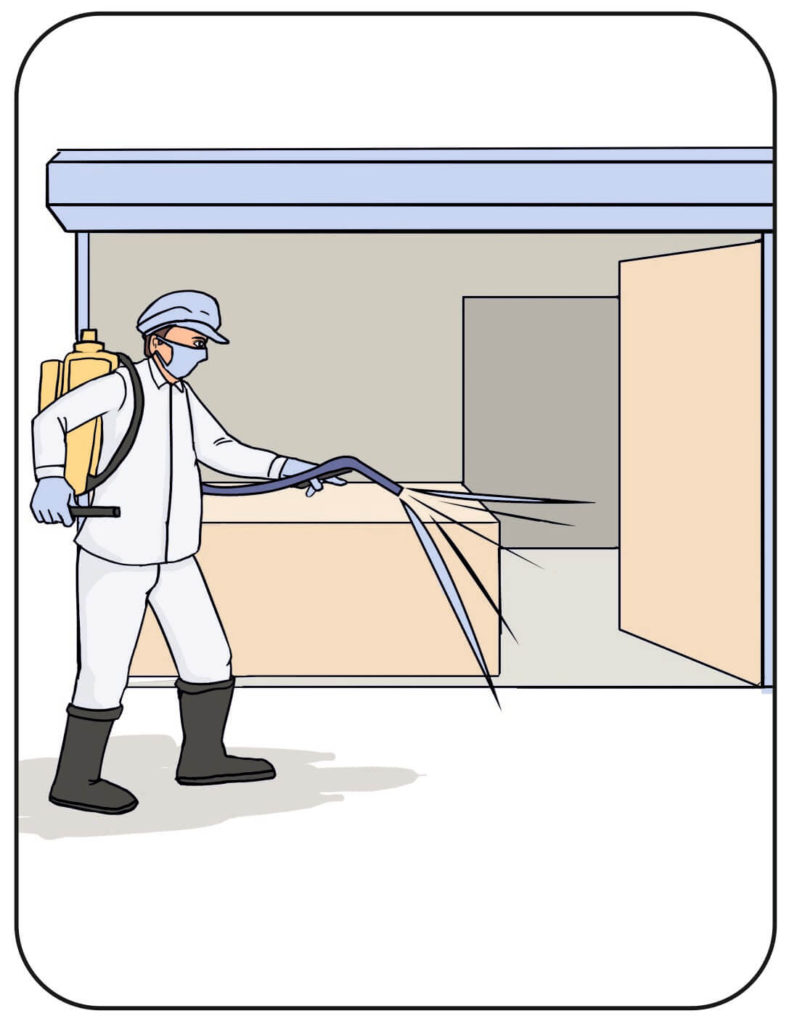 In this case, what are the responsibilities of a shop owner? What actions should be undertaken to avoid COIVD 19 transmission? How should physical distancing be followed?
In this case, what are the responsibilities of a shop owner? What actions should be undertaken to avoid COIVD 19 transmission? How should physical distancing be followed?
Retail Guidelines
- The retail food sector has to undergo several challenges because of the uncertain behavior pattern of the public. With many controversial events in India, and difficulty in controlling social distancing, restrictions should be made compulsory. Hence, retail food premises should exclusively follow physical distancing, regular sanitization, and implement hygienic measures of the counters. Moreover, a grocery or medical shop should also protect the staff from the transmission while controlling the crowd. In such a dire situation, let us understand a few rules that all the retail premises should mandatorily follow.
- The employees should be aware of the symptoms. Employers should keep a regular check on their temperature. If employees observe any related symptoms, they should immediately inform the employer by phone, while refraining from visiting the shop or retail premises.
- An employer should provide disposable masks and gloves to employees. Also, if possible, employers should decrease the number of employees on the premise. In this case, employees could attend the premise on alternate days, lowering the burden of work on other workers.
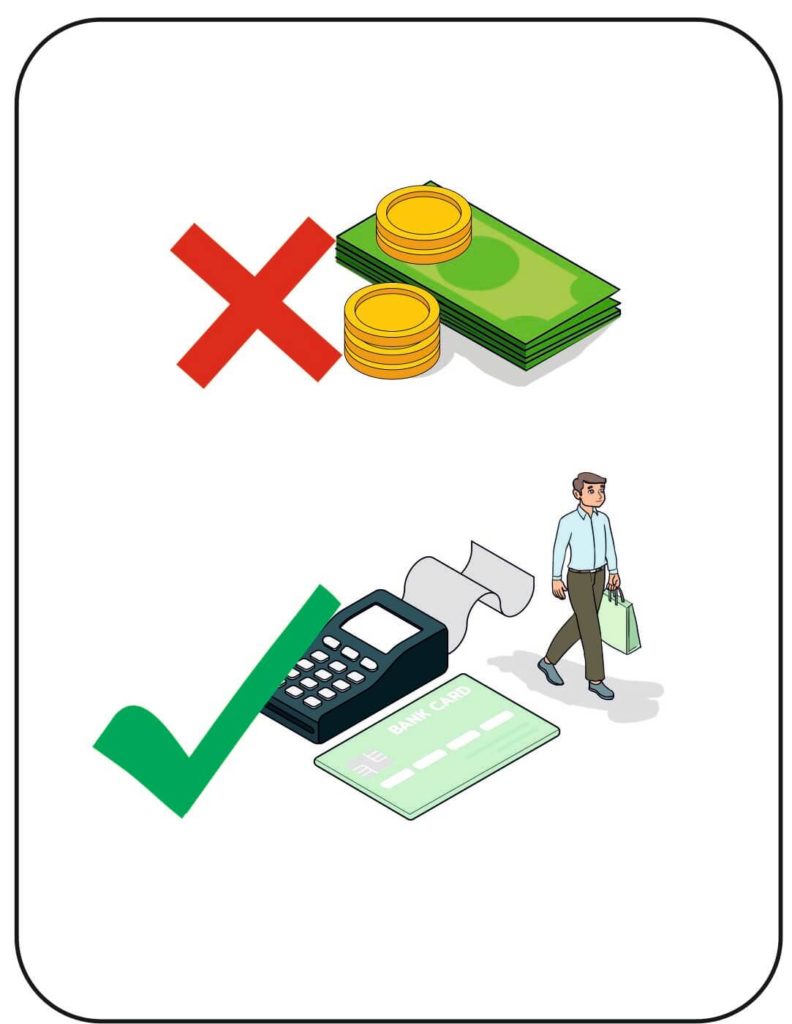
- There is a likelihood that there will customers hoarding the counter. In this case, the owner should make a plan for the regulation of queue, obeying the physical distancing rules. The owner should make demarcation marks for a cordial line. This should be specially observed in the most crowded areas like billing counters and exit or entry points. At the same time, a visible board should be installed, instructing the strict rules for infected individuals.
- The retail premises should maintain high standards of sanitization, cleanliness, and hygiene of the counters, entry points, and other contact prone zones. There should be an arrangement of sanitizers, spray disinfectants, and paper kerchiefs for the customers.
- The instructions on the board should notify customers that they should keep minimal contact around the premise. Also, a special mention of the cashless transaction as much as possible. These standards are essential to keep the transmission of COVID at bay.
- If possible and if the size permits, then the shop owner should install a plexiglass barrier to minimize the contact of varied customers at the shop desk.
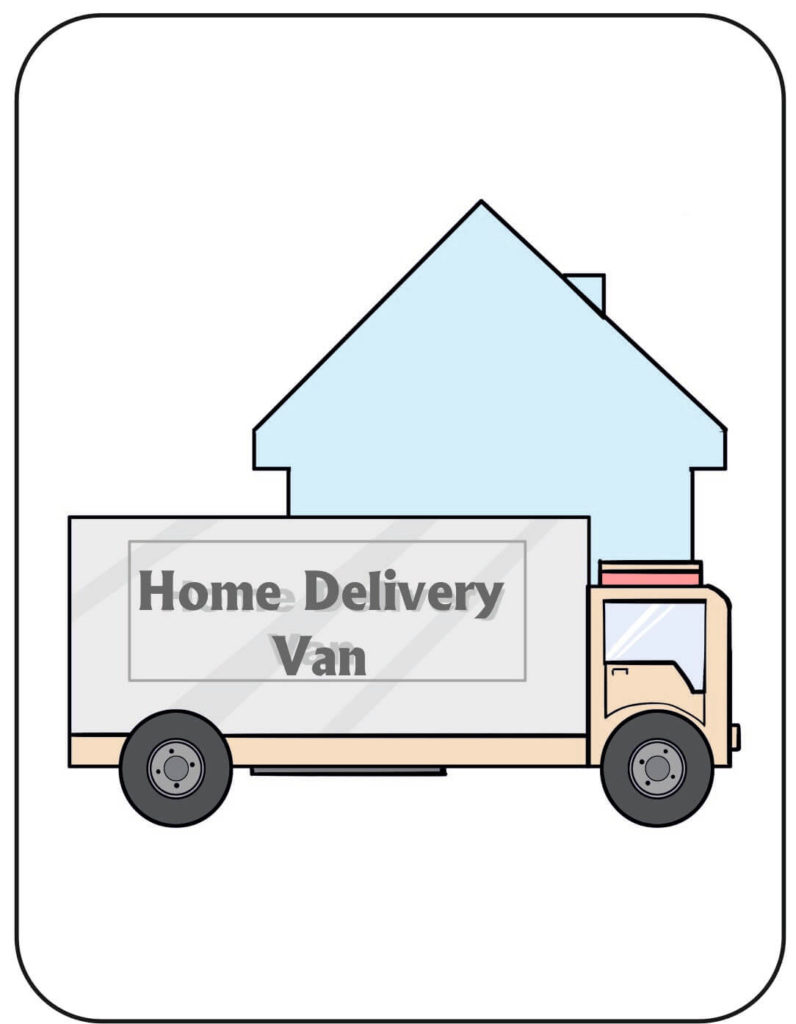
- During the delivery, the drivers should sanitize their hands before delivering the supplies. Also, the owner should sanitize the carton boxes or relative containers. The driver should not leave the vehicle unless required.
- The proprietor should regularly sanitize or thoroughly clean the most touched zones of the shop, which include billing desk, trolleys (if any), containers, racks, weighing scales, door or drawer handles, pillars, among others. The doors should be kept open if it is possible.
- A critical guideline is to make regular verbal announcements to support the social distancing code and use sanitizer before and after exchanging of bag and cash.


